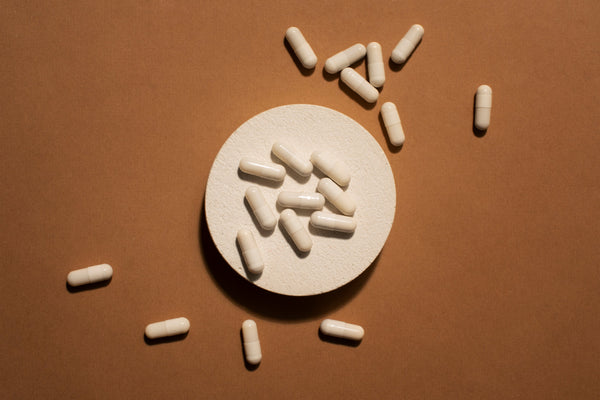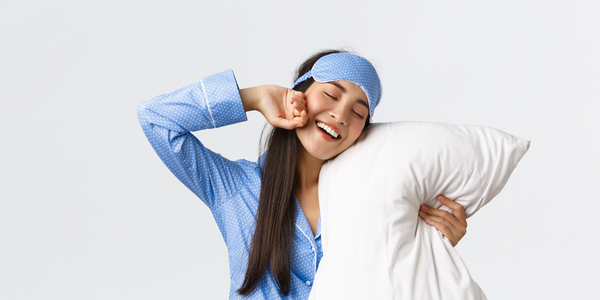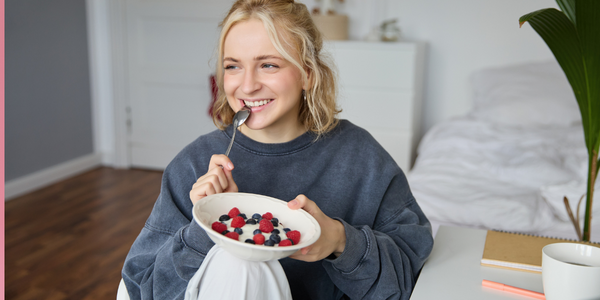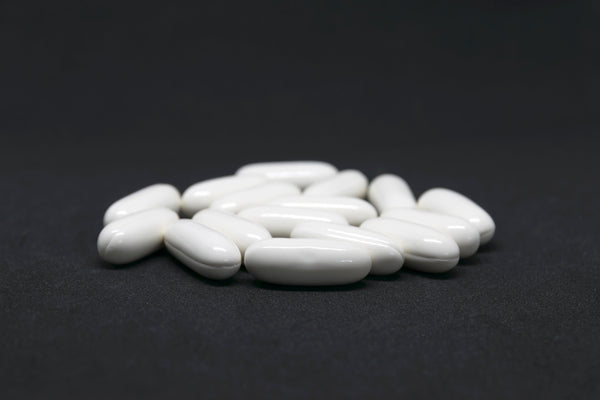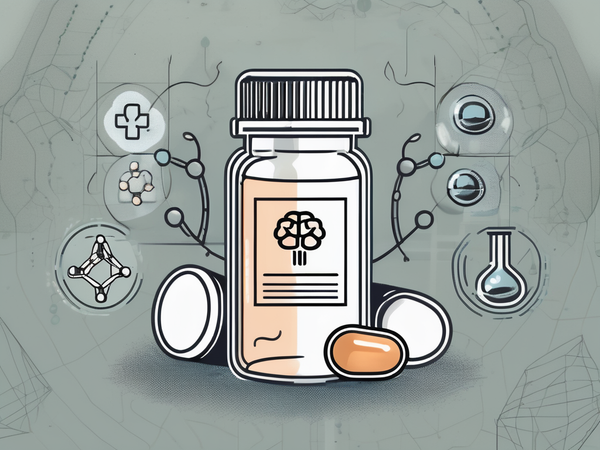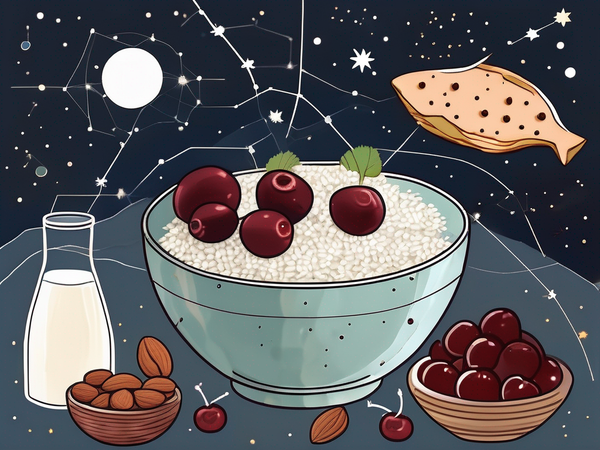With our hectic lifestyles, sleep often takes a backseat. And sometimes, without deliberately doing it, we find ourselves unable to sleep like we once used to - this brings in the use of various sleep supplements and natural sleep aids. And so in this article, we help you achieve a good night’s sleep with some amazing natural sleep aids.
Natural Sleep Aids
A natural sleep aid can be found in various food sources, herbs, or through some simple lifestyle changes. They can help improve our sleeping patterns and provide you with more restful sleep. However, the best thing about these natural sleep aids is that they come free of side effects and are also less expensive. If you are someone who feels groggy in the morning, or finds it difficult to sleep at night, these natural sleep aids can come in really handy.
They help in regulating our circadian rhythm and help us achieve a good restful sleep - depending upon the age and health of the person taking it.
What are some good Natural Sleep Aids?
There are many amazing natural sleep aids that you can bring to use, these include - calcium, glycine, various essential oils, melatonin, magnesium and more. Let’s take a detailed look at them below.
Melatonin
Melatonin is a hormone present in our body that helps regulate our sleep. When this hormone is suppressed or at an imbalance in our body, it hampers our ability to fall asleep, thereby causing insomnia. Melatonin supplementation can improve your sleep quality and quantity. You can also try the amazing Melatonin Strips by Wellbeing Nutrition that is made up of a unison effect formula that naturally calms the body, relaxes nerves, and promotes restful sleep
Valerian root is widely known for its stress reducing effects on your body as it lowers the stress hormone levels and increases the production of GABA, which is an essential amino acid for deep sleep and a better soothing overall time. Magnesium helps in counteracting the effects of cortisol, the stress hormone which can lead to insomnia. Consuming magnesium rich foods or milk of magnesia before bedtime can soothe your mind and promote restful sleep. Calcium helps promote the function of tryptophan within the brain, which then helps in the production of melatonin, which is directly responsible for a healthy sleep. Using glycine before bedtime can help in the onset of sleep and also prevent the feeling of being fatigued or tired in the morning. It is often used in various sleep supplements because of its amazing benefits for sleep and relaxation. St. John’s Wort is a herb that can help relieve the symptoms of insomnia, by relaxing your mind and body. It also helps soothe your mind of unwanted thoughts by increasing the serotonin levels in your body. It goes without saying that essential oils are the most soothing and relaxing method to go to sleep - particularly when you use them as a room diffuser. There are plenty of natural aids for sleep that you can use, some more obvious than others, however, it is important to apply wisdom while using any of these or adding any supplements to your diet. Moderation is key and if you have any chronic conditions, then it is advised you visit your health care practitioner before making anything a part of your routine. References: Valerian Root

Magnesium
Calcium

Glycine
St. John’s Wort
Essential Oils

In Conclusion












